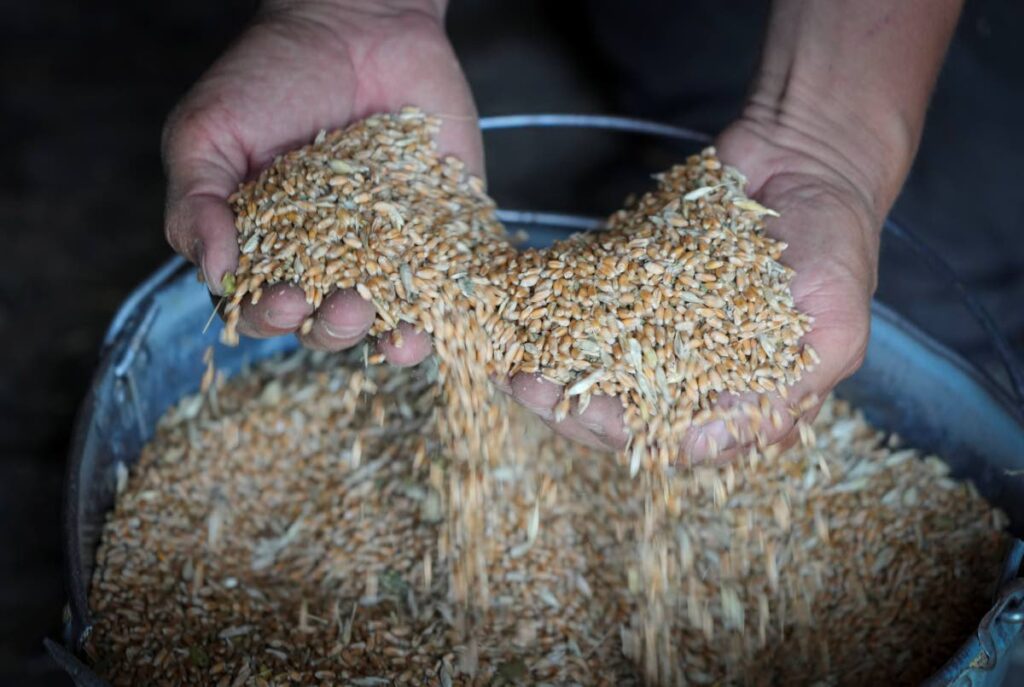Practical steps needed at food summit

Over three days in August, Trinidad and Tobago will host its second Agri-Investment Forum and Expo.
Under the title, 'Transforming Agriculture through Innovation and Investment," the project of the Ministry of Agriculture Lands and Fisheries takes its cue from recent discussions between Prime Minister Dr Keith Rowley and Guyana's Dr Irfaan Ali who has been bullish on a regional response to food security.
The region continues to face the strained supply chain issues that arose during pandemic restrictions that have worsened after the invasion of Ukraine by Russia.
It's a conversation that has become more urgent at several regional conferences over the last two years.
Globally, countries are reconsidering their export planning and looking to neighbours for essential goods and supplies, from petroleum and fertilizer to food staples.
Caricom's private sector organisation is expected to lead an initiative to drive regional investment in agriculture to a more cohesive and mutually beneficial future for the region.
Caricom is expected to champion the removal or reduction of non-tariff barriers to intra-regional trade regionally, and TT is expected to review its arrangements with Guyana.
Increases in the cost of imported food led to an increase by an estimated one million in the number of people described as food-insecure during the pandemic.
Foreign and Caricom Affairs Minister Dr Amery Browne, speaking at the launch of the virtual National Food Systems Dialogue in June 2021, noted that the number rose from 1.7 million in April 2020 to 2.7 million in 2021.
A citizen is considered food insecure if they have unreliable access to nutritionally adequate foods for financial or other reasons.
The region's food import bill is estimated at US$5 billion annually.
Amid all this ambitious planning and the clever pitches that are sure to come from vendors keen to sell their goods and systems, it's worth remembering the effort to create industrial scale farming in Trinidad, started by the PNM in 2008 and revisited by the UNC in 2011.
The projects attracted spotty investment, burned cash in the hundreds of millions and have generally failed, the lands lying fallow today.
Beyond our island archipelago, nation states of the Caribbean should be exploring strategic collaborations with Latin American neighbours to accelerate trade driven by proximity and mutual value.
Caricom is sensibly considering the larger land areas available in Guyana,Belize and Suriname for cultivation and has even attracted interest from Roraima, the northernmost Brazilian state with permeable borders with south-east Venezuela and south-west Guyana, which is interested in trade with Caricom.
Turning plans and early interest into action will demand planning, regional co-operation and an understanding of strategic advantage that has proven elusive for Caricom.
But creating sustainable access to food is a compelling incentive.


Comments
"Practical steps needed at food summit"